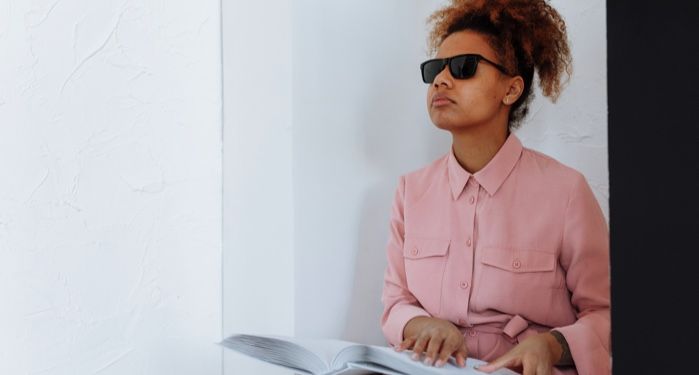July is Disability Pride Month, which means, like the other 11 months of the year, it’s a great time to delve into disability lit! I have fallen in love with the work of so many disabled poets over the years, and I look forward to discovering many more during this month and beyond.
These eight poets are just a few of the many, many disabled poets I love. Some of their work is about disability, but it’s also about queerness, parenthood, nature, grief, work, relationships — in other words, all the human stuff. I’ve included poets with extensive backlists as well as poets whose work has been anthologized or mostly appears online. There are so many different ways to read! Even if you’re not in the mood for a whole book of poetry, these poets are still worth checking out. Try reading a poem on your lunch break, with your morning coffee, or aloud to your partner or roommate or friend after dinner.
If you’re excited about disability poetry and you’re looking for a comprehensive introduction to disabled poets (both past and present), Beauty is a Verb is a fantastic anthology, and one I highly recommend for poetry fans and newcomers alike.
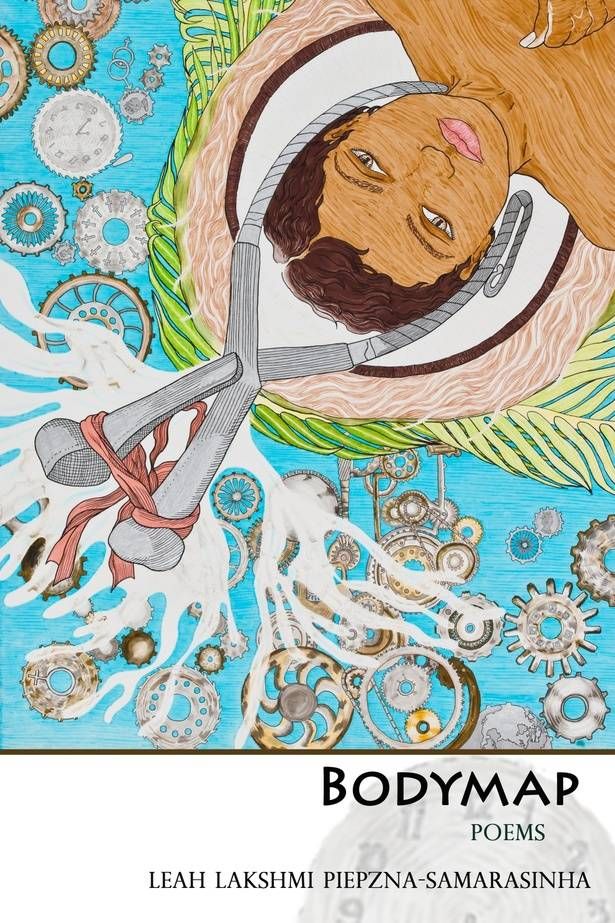
Leah Lakshmi Piepzna-Samarasinha
Leah Lakshmi Piepzna-Samarasinha’s nonfiction books (Care Work and The Future is Disabled) will always be my personal favorites, but, happily for poetry fans, they are a prolific author across many genres! They’ve written several poetry books, including Bodymap and Tonguebreaker, both of which are beautiful, visceral, vulnerable collections about disability, art-making, being a survivor, queer femme of color kinship, and more.
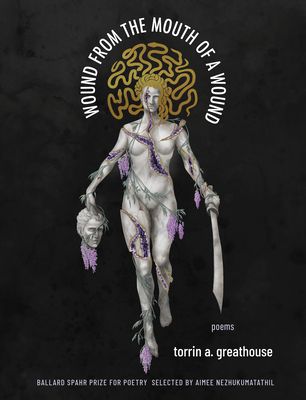
torrin a. greathouse
I am not a favorites person, but if forced to choose my favorite poetry collection I’ve read so far this year, it would be Wound from the Mouth of a Wound. This is a stunning debut, full of language and imagery so deft and surprising that I often found myself reading lines over and over and over, just to savor the beautiful shock of saying them out loud. Greathouse writes about her trans and disabled body with remarkable care and precision and curiosity. There is so much joy and mess in this collection.
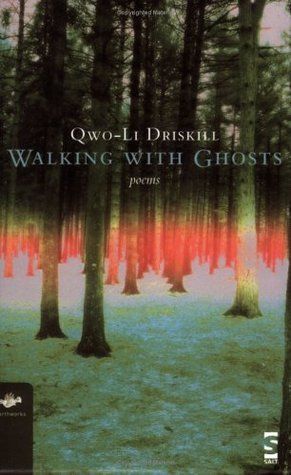
Qwo-Li Driskill
Qwo-Li Driskill is a Cherokee Two-Spirit writer and scholar. They’ve edited several anthologies of Indigenous and Two-Spirit literature, including the fantastic Sovereign Erotics. They are also a poet whose work explores queerness, mixed-race and Indigenous identity, the legacies of ongoing colonial violence, belonging, and histories of resistance and activism. In addition to several chapbooks, I highly recommend their collection Walking With Ghosts.
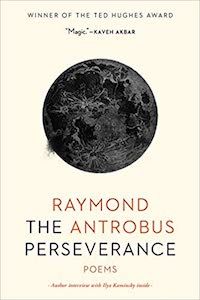
Raymond Antrobus
British Jamaican poet Raymond Antrobus has published two collections that will live rent-free in my head forever: The Perseverance and All the Names Given. Both explore themes of language, translation, Deafness and Deaf culture, parenthood, family legacies, history, immigration, and silence. Antrobus plays with form and language in ways that feel continually new. Reading his poems feels like stepping into a new world.
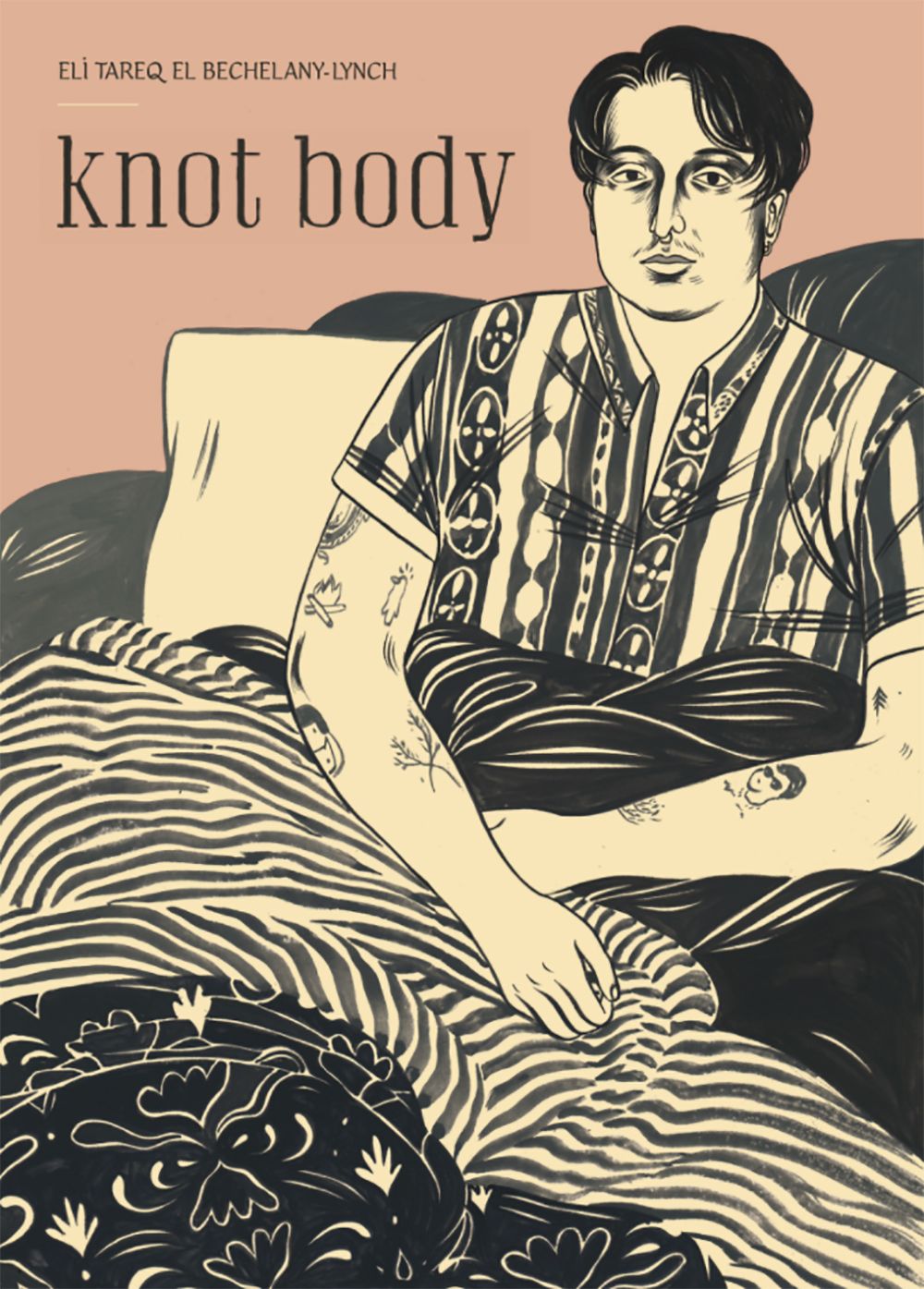
Eli Tareq El Bechelany-Lynch
I don’t think it’s a surprise that so many poets also write other kinds of books — poetry takes so many different forms! Eli Tareq El Bechelany-Lynch’s two books both defy genre categorization. Knot Body is a collection of poems, letters, meditations, essays, and memories about friendship and love, queer and trans joy, being sick, Arab identity, and a whole lot more. The Good Arabs is a similarly wonderful genre explosion, blending the lines between fiction and nonfiction, poetry and prose.
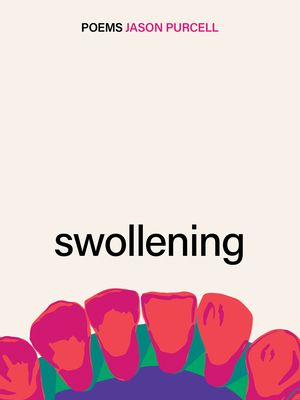
Jason Purcell
Jason Purcell’s debut full-length collection is a blend of playful and heartbreaking. It is mostly concerned with queerness and illness. Like many of the poets on this list, they write so beautifully and with such tenderness about bodies. I can’t wait to see what they write next, and in the meantime, I’m eager to check out their chapbook, A Place More Hospitable.
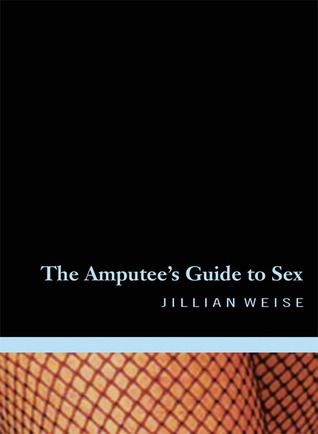
Jillian Weise
If you’re looking for a poet with a body of work you can really dig into, you cannot go wrong with Jillian Weise. Her debut collection, The Amputee’s Guide to Sex, explores the history of disability and disability representation, responding to and refuting the still-too-common depiction of disabled people as sexless and without desire. Her many subsequent books (including The Book of Goodbyes and Cyborg Detective) continue to explore these themes, grappling with cyborg identity, technology, ableism, sex and desirability, relationships, and more.
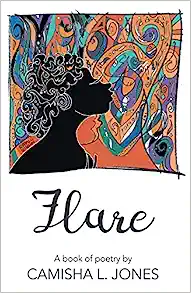
Camisha L. Jones
Camisha L. Jones is the author of the chapbook Flare, which draws from her experiences with hearing loss and chronic pain. It explores the contradictions of living in a body, the realities of ableism and stigma surrounding invisible disabilities, and more. Her work has also appeared in publications such as The Deaf Poets Society, and you can read some of her (gorgeous!) poems on poets.org.
Looking for more brilliant disability poetry? Check out Kendra’s excellent list of disabled poets (I told you there were so many more than the ones on this list). You’ll also find some poets on this great list of 2SLGBTQ+ disabled authors.
